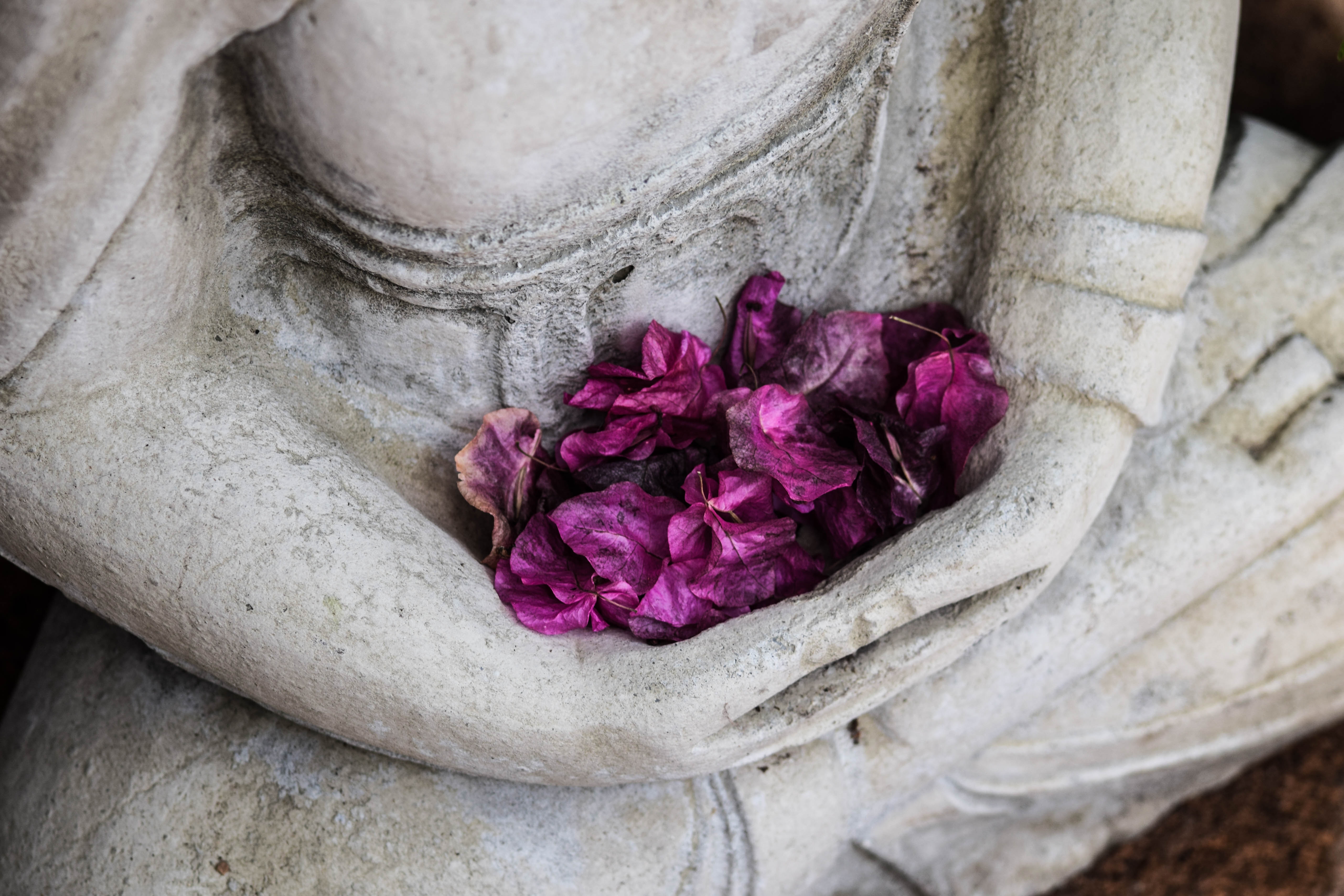People often resist rest and Yoga Nidra due to a combination of societal conditioning, personal habits, and misconceptions.
Here are some common reasons:
Cultural Conditioning
Busy = Successful: In many cultures, productivity is equated with worth, making rest feel like laziness or indulgence.
Hustle Culture: The glorification of being busy makes it hard for people to justify rest as a priority.
Guilt Around Rest: People may feel guilty for resting when others around them are working hard.
Fear of Stillness
Uncomfortable With Silence: Rest and Yoga Nidra require being still and quiet, which can bring up emotions or thoughts people might prefer to avoid.
Disconnection from Self: Many are so disconnected from their inner world that the idea of tuning in feels foreign or even intimidating.
Misconceptions About Rest
It’s Unproductive: Rest is often seen as a waste of time rather than an essential part of health and well-being.
“Rest is for the Weak”: The belief that rest shows weakness or a lack of resilience keeps people from embracing it.
I’ll Rest Later: Many think they’ll have time to rest “when things calm down,” which often doesn’t happen.
Lack of Awareness
Not Understanding the Benefits: Many people don’t realize how transformative Yoga Nidra can be for their mental, physical, and emotional health.
Thinking It’s Just Another Trend: Yoga Nidra might be dismissed as a fad or something only for yogis.
Perfectionism and Overachievement
Struggle to Let Go: Perfectionists often resist rest because they feel there’s always something more to do or improve.
Over-commitment: Overachievers fill their schedules to the brim, leaving no room for rest.
Challenges With Relaxation
Difficulty Slowing Down: People who are constantly in “go” mode may find it hard to transition into a state of rest.
Fear of Losing Momentum: Some worry that slowing down will cause them to lose their drive or focus.
Practical Barriers
Lack of Time: Many feel they’re too busy to prioritize rest or dedicate time to a Yoga Nidra practice.
Environmental Constraints: Noise, lack of privacy, or unsuitable spaces can make rest feel inaccessible.
Stress and Burnout
Adrenaline Overload: Chronic stress keeps people in fight-or-flight mode, making it hard to recognize or accept the need for rest.
“I Don’t Deserve It”: Burnout often comes with feelings of unworthiness, causing people to resist self-care practices like Yoga Nidra.
Breaking the Resistance
Understanding these barriers is the first step to overcoming them. By reframing rest and Yoga Nidra as acts of self-love and essential tools for thriving, people can begin to let go of resistance and embrace the deep, restorative benefits these practices offer.

